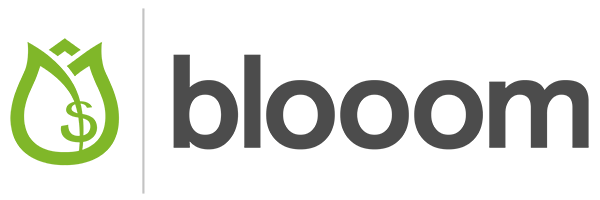One of the most important considerations when it comes to retirement planning is determining how much money you’ll need to live comfortably on for the rest of your life.
Even if you max out your IRA every year or contribute thousands of dollars to your employer-provided 401k each year, it would be a huge mistake to assume you have enough money to retire.
A major early retirement killer is poor planning, so it’s crucial that you figure out your retirement income gap as early as possible and develop strategies to minimize that gap. After all, nobody likes the idea of potentially experiencing a lower standard of living than they currently have.
How to Figure Out Your Retirement Income Gap
What’s Your Current Financial Situation?
Are you currently living above, at, or below your means? In other words, are you struggling to pay off debts? Struggling to save money but living debt-free? Or are you saving quite a bit of money in addition to paying for ongoing expenses? Some other questions you’ll want to ask yourself about your current financial situation include:
- Are there any remaining debts to me or my spouse’s name? How soon can those debts be repaid?
- Will the mortgage be paid off by the time I retire? Or will I be a renter for the rest of my life?
- How much is my annual property tax bill? Is it likely to rise in the future?
- Are we covering some or all of our kids’ college tuition with our own money or with separate college funds?
- What are my health care expenses now, and how much should I expect to pay for premiums, medical care, prescriptions, and even nursing home facilities when I’m 60/70/80/90?
- Do I plan to travel more and dine out more when I retire?
- Are there any areas of my budget I could trim to increase my retirement savings?
When it comes to planning for the future, you’ll want to overestimate your expected expenses to account for inflation.
Health care costs are especially important to keep in mind because there are very few exceptions to the rule that health care gets more expensive as you get older. It’s not a pleasant thought, but a 65+ year old is simply more likely to become ill or injured than a 30-something, so you should have at least $275,000 saved up just to cover your health care costs in retirement.
What Retirement Income Will You Have?
Not all retirement accounts are created equal. Depending on what type of retirement accounts you have, you will be subject to different forms of taxation for those accounts. For instance, withdrawals from a Roth IRA are tax-free because you contributed post-tax money to that account. Meanwhile, 401k and traditional IRAs are tax-deferred, which means your withdrawals will be taxed at your income tax rate.
Beyond your retirement savings, Social Security, and investment accounts, you may want to minimize the gap between your current income and your expected retirement income by developing passive income streams.
You could also choose to monetize your hobbies to supplement your income, or rent out your property to guests on Airbnb.
These options require minimal extra effort and allow you to make more money in the meantime. So, don’t overlook possible opportunities to increase your post-career income to preserve your retirement savings for as long as possible.
Are There Any Ways to Save Money?
One strategy for making retirement less stressful is reducing your expenses in the years leading up to retirement. For instance, you may choose to downsize to a smaller, more manageable home.
You could also look into more affordable hobbies to replace any expensive hobbies you currently engage in. For example, selling the boat to take up canoeing, forgoing personal training sessions in favor of group gym classes, or traveling more domestically instead of frequent trips abroad.
You can’t reasonably expect to be able to spend as much money in retirement as you currently do on your employment income, so it’s vital that you develop frugal strategies to extend your savings without hampering your fun.
One great resource to manage your 401k retirement plan is blooom. Let the experts at bloom take a free peek at your 401k. Get real advice on how it’s doing and how it could be performing better.
When you become a member, blooom then makes trades to optimize your account based on your goals. Blooom can manage your 401k, 401a, 403b, 457, or Thrift Savings Plan (TSP). Be sure to read my review of blooom.
Each individual’s retirement income gap varies widely, but it’s certainly possible to narrow down your calculations to a specific dollar range. That way you’ll have a more accurate comparison of your current and future financial situations.
Health care and inflation are undoubtedly serious concerns for retirees living on fixed incomes. But, there are ways to combat these consequences. Overestimate how much money you’ll need in retirement, look for ways to trim down your budget, and seek opportunities to make more money while you’re retired.



